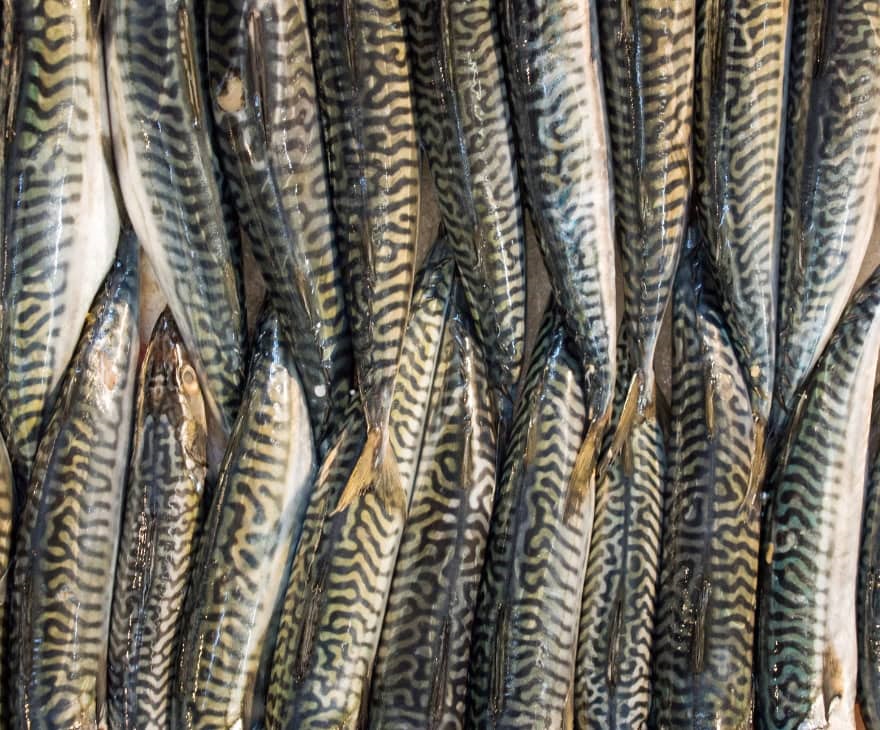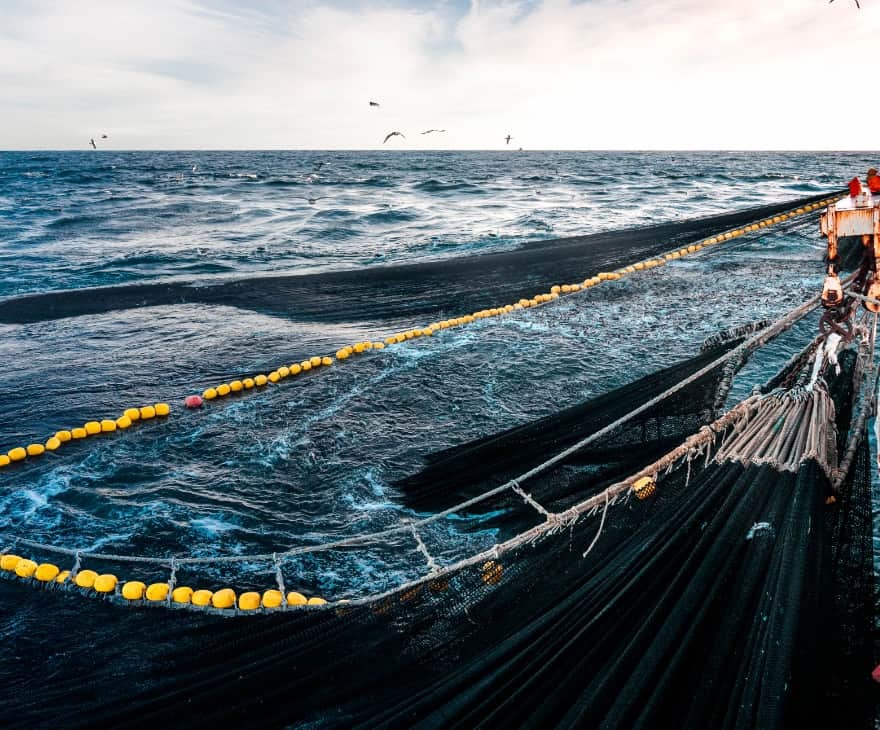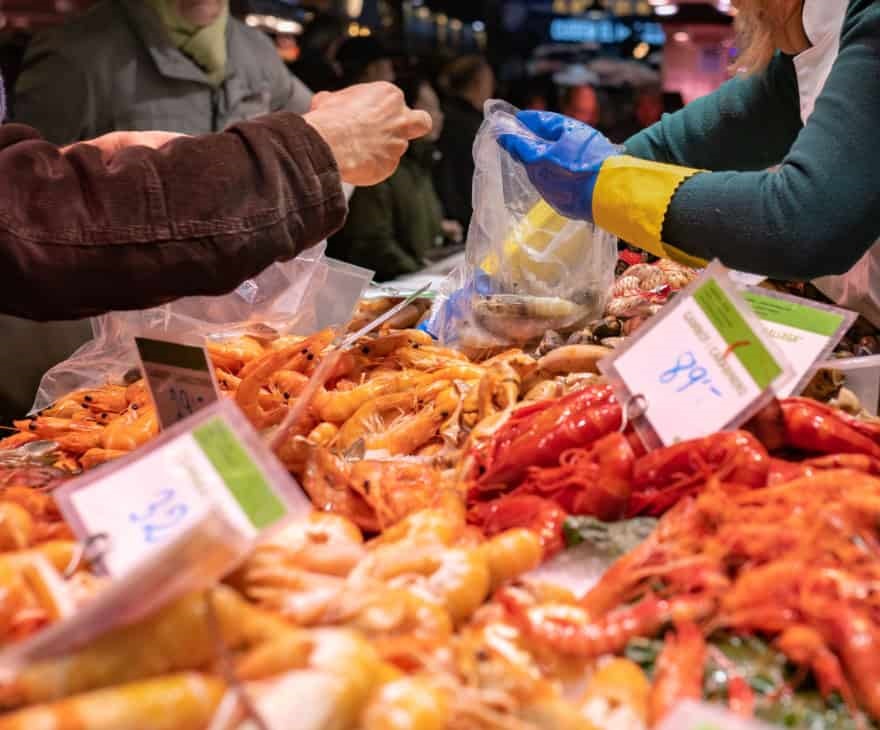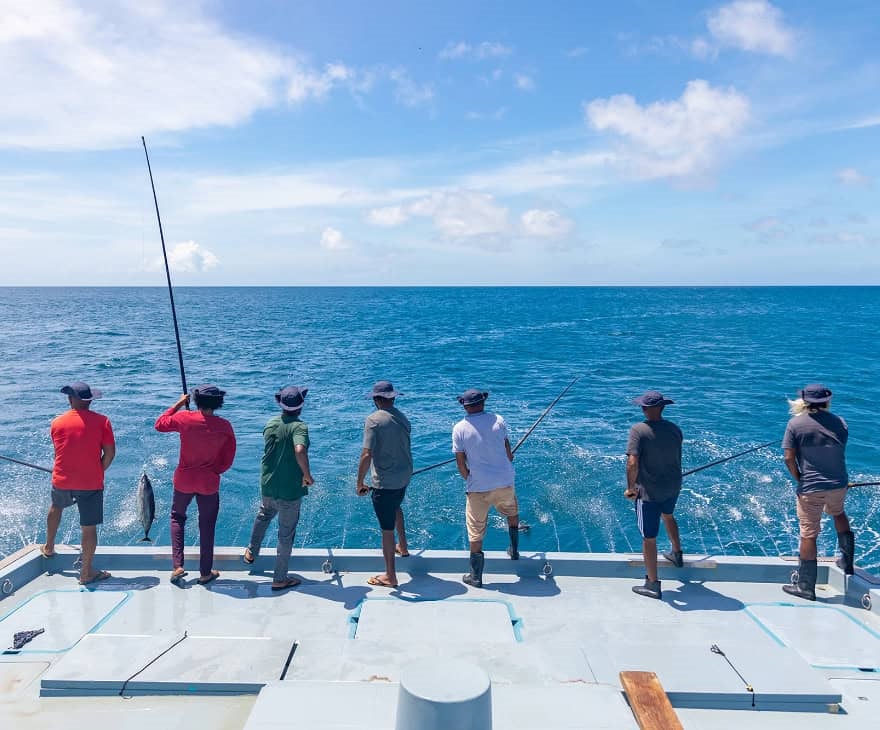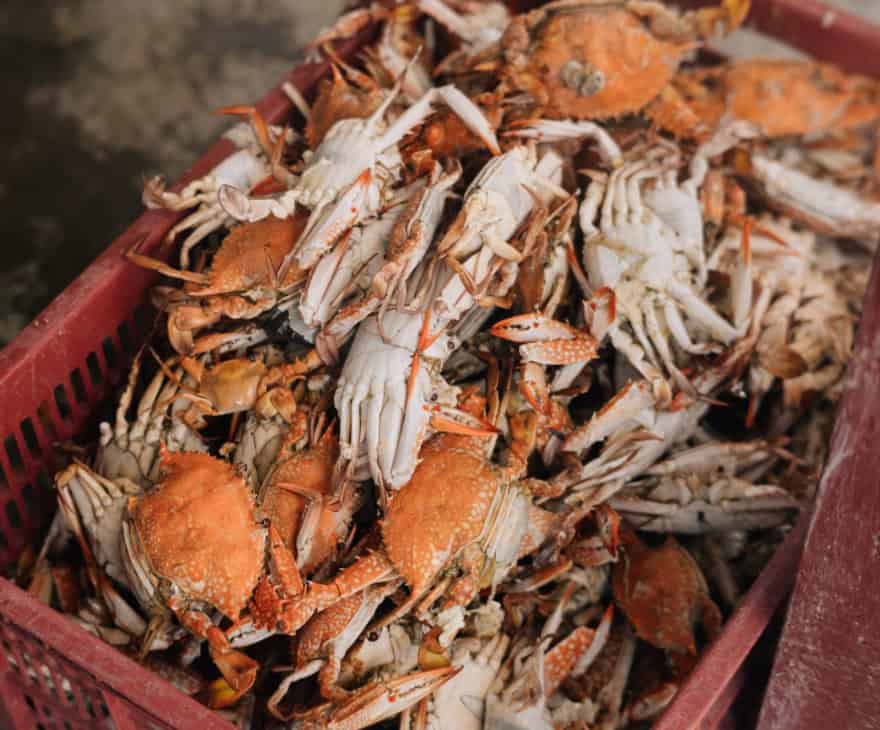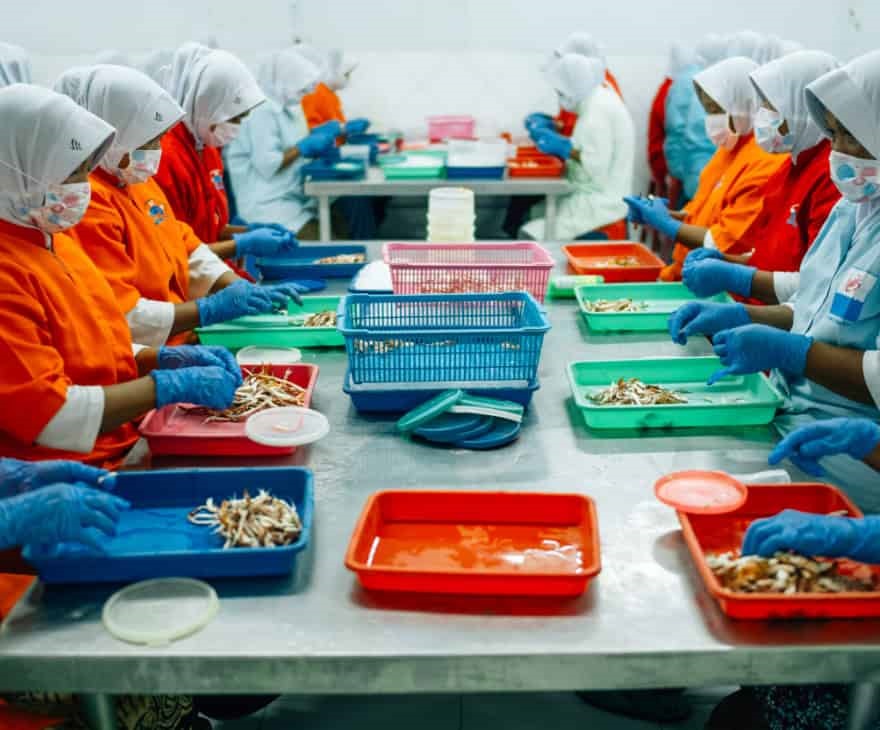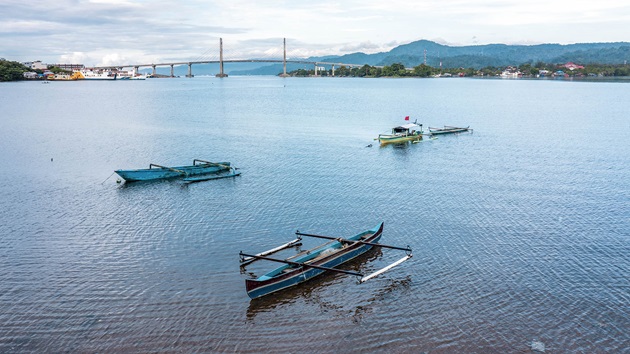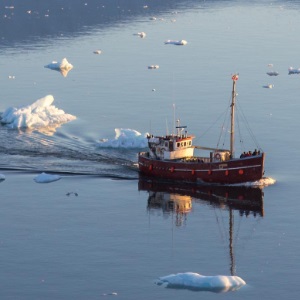By Beth Polidoro and Mike Melnychuk
The State of the World’s Fisheries and Aquaculture Report (SOFIA) 2024 provides the latest data on the fishing sector and key trends related to overfishing, seafood production and seafood consumption.
Here are six takeaways from the 2024 report.
1. There is still work to do
Even though most monitored fish stocks around the world and more than three-quarters of global catch are taken from stocks fished within sustainable limits, the amount of overfished stocks slightly increased over the last two years, from 35.4% to 37.7%, continuing the trend observed over several decades. We know how we can reverse this. Fisheries management tools are effective when they are applied, so stronger management systems around the world can reverse this trend.
2. Larger stocks are more commonly fished within biologically sustainable limits
When weighted by their production level, landings from stocks identified as biologically sustainably fished accounted for an estimated 76.9% of the total global landings in 2021. That’s 5.6 percentage points down from the 2019 figure. However, the 2019 figure was an increase of 3.8 percentage points from 2017.
It’s expected that estimates like these will fluctuate over time and the trend over the last four years suggests a smaller decline. The comparison of 76.9% (weighted) and 62.3% (unweighted) of stocks fished within biologically sustainable limits tells us that, on average, larger stocks (those producing more catch) are more commonly fished within biologically sustainable limits than smaller stocks.
3. Management of tuna stocks shows progress but faces challenges
Progress is being made in managing tuna stocks, with Regional Fisheries Management Organisations (RFMOs) increasingly using harvest strategies and management strategy evaluations to provide advice for fishing tuna stocks sustainably. The result is that the majority of tuna landings are taken from stocks that are not overfished. Globally, 87% of monitored tuna stocks are sustainably fished and 13% are considered overfished. However, many tuna fishing fleets continue to have overcapacity, so concerted efforts must be made to limit fishing pressure and ensure stocks do not become overfished.
4. Global biodiversity agreements will strengthen fisheries management on the high seas
In 2023, UN member states agreed to a legally binding framework for the conservation and sustainable use of marine biological diversity of areas beyond national jurisdiction. The agreement covers almost two-thirds of the total ocean surface area and addresses the threat of overfishing in these waters. It will promote coordination between member states and regional fishery bodies for tunas and other high-seas fish stocks.
5. Longer term trends remained largely unaffected by the Covid pandemic
While the Covid-19 pandemic did not appear to significantly impact global fisheries landings or the sustainability status of fish stocks, there were considerable effects on workers and employers in the fishing industry as trade and supply chain operations were disrupted in 2020. Trade recovered and by 2022 was 19% greater than pre-pandemic levels. In value terms, world trade in aquatic products (wild capture and aquaculture) reached a record high of US$192 billion in 2022.
6. Consumption of aquatic foods continues to rise
Since the 1960s, the global consumption of aquatic animal foods has outpaced not only that of terrestrial animal foods, but also global population growth. The worldwide per capita consumption of aquatic foods in 2021 was marginally up from two years previous, at 20.6kg. This highlights the continuing critical role of the MSC and other global initiatives to expand and support sustainable fishing practices.
The SOFIA report demonstrates that certification programs have a vital role to play in supporting the FAO’s “Blue Transformation Roadmap”, which outlines the FAO’s 2030 vision for aquatic food systems . This vision is based on three objectives: to expand sustainable aquaculture; to ensure effective management of all fisheries; and to improve the traceability, efficiency and socio-environmental sustainability of aquatic value chains. The MSC’s programs, including the MSC Fishery Standard, the MSC-ASC Chain of Custody Standard, and the shared MSC-ASC Seaweed Standard, all play a critical role in the Blue Transformation Roadmap.

